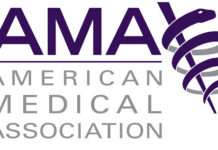Drug rehab is a process of psychological or medical treatment for dependence on psychostimulants like cocaine, amphetamines, or illegal drugs like marijuana, opiate, and heroin. When a person suffers from drug addiction, he can have an increased risk of developing physical and mental illnesses such as insomnia, depression, restlessness, irritability, and anxiety. If a person has drug dependence, he may also need to take prescription medications to treat the pain that the drug produces. Some drugs cause dependency because they block the brain’s natural opiate receptors. Another common cause of drug dependence is physical dependence: a patient may become physically dependent on a particular drug while taking it.
The first step in drug rehab is assessment. A patient who is under rehabilitation must have a thorough evaluation by his doctor or therapist. This evaluation will help the doctor determine if the patient is capable of living soberly after alcohol, drugs, or surgical withdrawal. If the patient is not capable of being sober and following an exit plan, his chances of getting into rehab again are minimal. After the doctor or therapist assesses the patient’s mental and physical health, he will recommend an appropriate program for drug rehabilitation. The most common treatment programs are residential programs, outpatient treatment, and residential treatment. Each of these programs provides a different treatment experience for the patient.
Most residential programs offer individual treatment plans for the addict. In this treatment program, the addict stays at a single facility for a certain period of time. The patient has to attend group counseling and therapy sessions. These programs help the patient cope with withdrawal symptoms.


















































